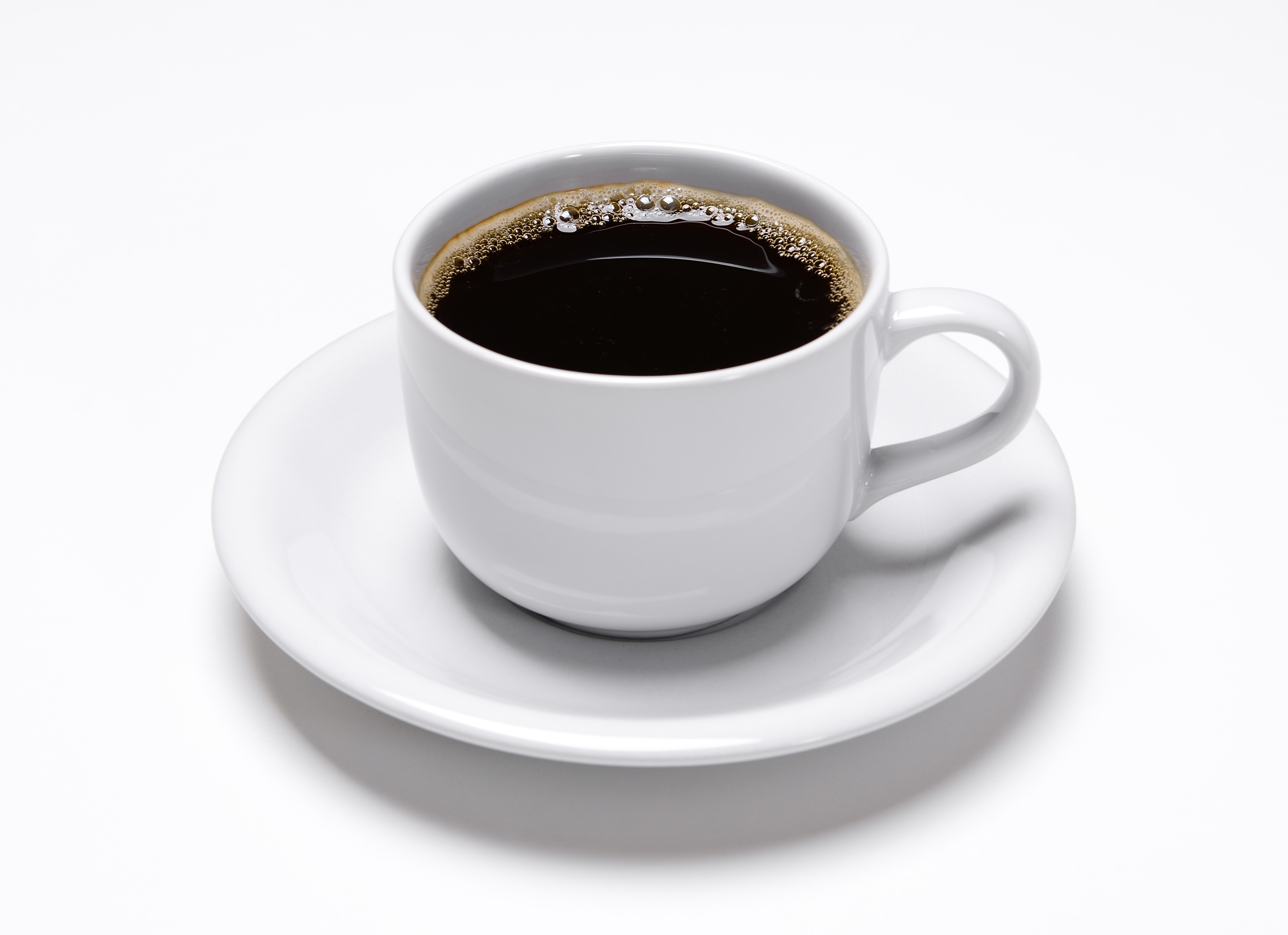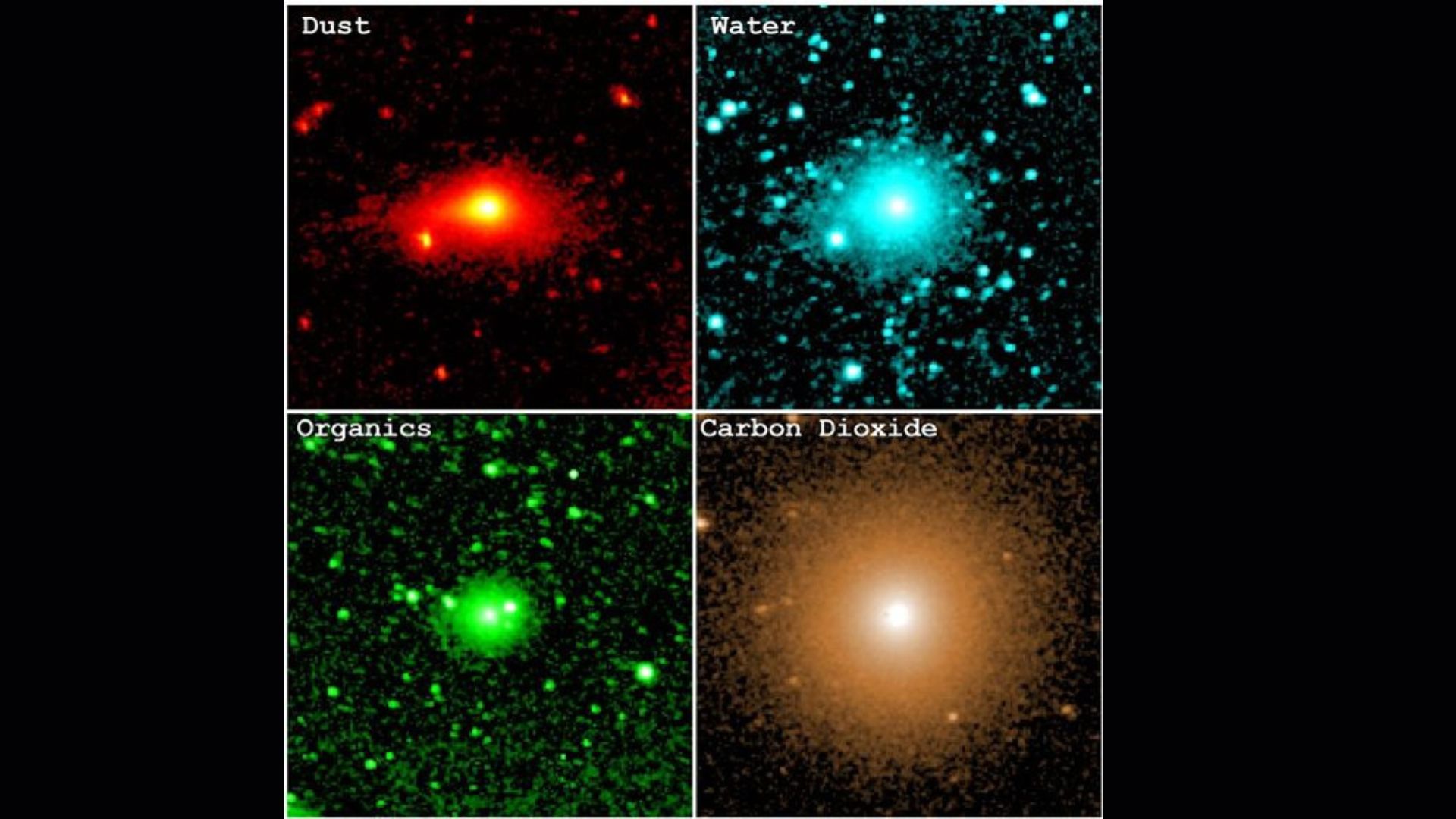No, Caffeine Doesn't Help You Lose Weight

Get the world’s most fascinating discoveries delivered straight to your inbox.
You are now subscribed
Your newsletter sign-up was successful
Want to add more newsletters?

Delivered Daily
Daily Newsletter
Sign up for the latest discoveries, groundbreaking research and fascinating breakthroughs that impact you and the wider world direct to your inbox.

Once a week
Life's Little Mysteries
Feed your curiosity with an exclusive mystery every week, solved with science and delivered direct to your inbox before it's seen anywhere else.

Once a week
How It Works
Sign up to our free science & technology newsletter for your weekly fix of fascinating articles, quick quizzes, amazing images, and more

Delivered daily
Space.com Newsletter
Breaking space news, the latest updates on rocket launches, skywatching events and more!

Once a month
Watch This Space
Sign up to our monthly entertainment newsletter to keep up with all our coverage of the latest sci-fi and space movies, tv shows, games and books.

Once a week
Night Sky This Week
Discover this week's must-see night sky events, moon phases, and stunning astrophotos. Sign up for our skywatching newsletter and explore the universe with us!
Join the club
Get full access to premium articles, exclusive features and a growing list of member rewards.
Some diet supplements that contain caffeine claim that the compound helps reduce appetite. Other research has suggested that caffeine could speed up metabolism.
It looks like those claims don't live up to the hype: According to a new study published today (July 19) in the Journal of the Academy of Nutrition and Dietetics, caffeine doesn't have an effect on weight loss.
In the study, researchers recruited 50 healthy adults between the ages of 18 and 50, and one day a week for three weeks, asked them to come to the lab in the morning to drink either some caffeine-infused juice or a placebo. The drink either contained no caffeine, caffeine equivalent to a 4-ounce serving or caffeine equal to an 8-ounce coffee. The participants weren't told which drink they received each time, but by the end of the experiment, they had each received all three of the drinks. [10 Interesting Facts About Caffeine]
Thirty minutes after drinking the juice, the participants were presented with a breakfast buffet, where they were allowed to eat as much as they wanted. Then, they were sent home and instructed to document everything they ate throughout the rest of the day using an online tool. They also recorded their appetite levels throughout the day.
The researchers found that when people were given the lower-dose caffeine drink, they ate around 10 percent less at the breakfast buffet, on average, than when they were given the caffeine-free drink or the higher-dose drink. After drinking the low-dose beverage, the participants ate around 650 calories, on average, at the breakfast buffet; after consuming the caffeine-free beverage, they ate 721 calories, on average; and after having the high-dose drink, they ate 715 calories, on average. No one's reported appetite for breakfast seemed to change based on how much caffeine they had.
Outside of the lab, the researchers found no significant differences in participants' appetites or the amounts of food eaten throughout the day based on the amount of caffeine they drank. They also found that the participants' body-mass indexes had no effect on their appetite or how much they ate.
The findings — that caffeine may have a small effect on food intake shortly after drinking it but the effect quickly wears off — "suggest caffeine has weak, transient effects on energy intake and do not support caffeine as an effective appetite suppressant," the authors wrote in the study.
Get the world’s most fascinating discoveries delivered straight to your inbox.
Instead, the study "reinforces the importance of good eating habits and not relying on unsupported weight loss aids or unhealthy practices," study co-author Carol DeNysschen, chair of the Department of Health, Nutrition, and Dietetics at SUNY Buffalo State College, said in a statement.
Originally published on Live Science.

Yasemin is a staff writer at Live Science, covering health, neuroscience and biology. Her work has appeared in Scientific American, Science and the San Jose Mercury News. She has a bachelor's degree in biomedical engineering from the University of Connecticut and a graduate certificate in science communication from the University of California, Santa Cruz.
 Live Science Plus
Live Science Plus










